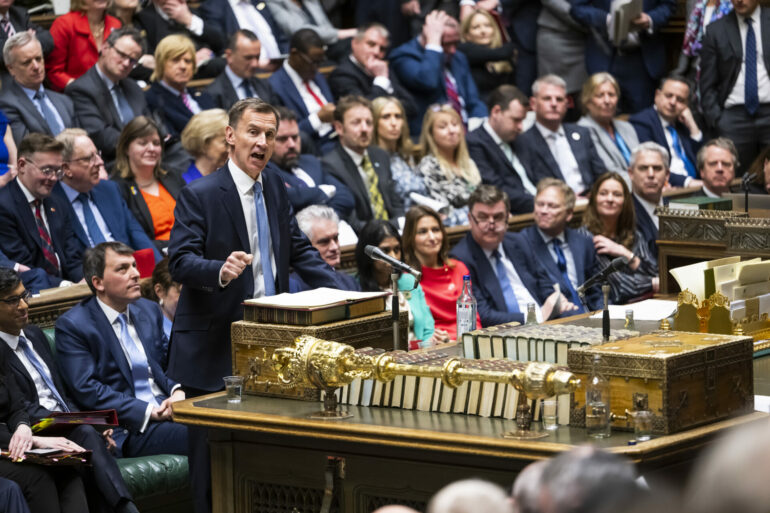In the wake of UK short-term borrowing costs surging to 15-year highs, Chancellor Jeremy Hunt has emphasised Government support for the Bank of England in its efforts to curtail inflation.
Highlighting a distinct shift in the UK’s borrowing landscape since last Autumn’s Budget-induced market jitters, Hunt urged understanding and support for the challenging monetary landscape.
"We have to do everything we can as a government, as a country, to support the Bank of England in their mission to squeeze inflation out of the system, and that is our primary focus."
— HM Treasury (@hmtreasury) June 14, 2023
Chancellor @Jeremy_Hunt responds to statistics today showing 0.2% growth in April 👇 pic.twitter.com/b0KcB8ue6C
According to new figures released today by the Office for National Statistics, UK GDP inched up by 0.2% in April, in line with City forecasts.
This growth follows a 0.3% contraction in March. Over the quarter ending in April, however, the economy expanded by a mere 0.1%, pointing towards a sustained period of economic sluggishness.
Capital Economics voiced concerns that the slight resurgence in economic activity observed in April may not persist. Ruth Gregory, the firm’s deputy chief UK economist, remarked: “We estimate that by the end of Q2 2023, less than 40% of the drag will have been felt, and that more than 60% lies ahead. And we think interest rates need to rise further to quash inflation, from 4.50% now to a peak of 5.25%. That’s why we still think a recession is on its way in the second half of this year.”
Labour’s Shadow Chancellor, Rachel Reeves, criticised the Government for what she views as a lacklustre performance, stating: “Despite our country’s huge potential and promise, today is another day in the dismal low-growth record book of this Conservative Government.”




